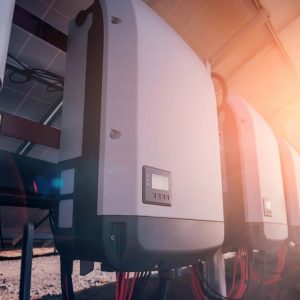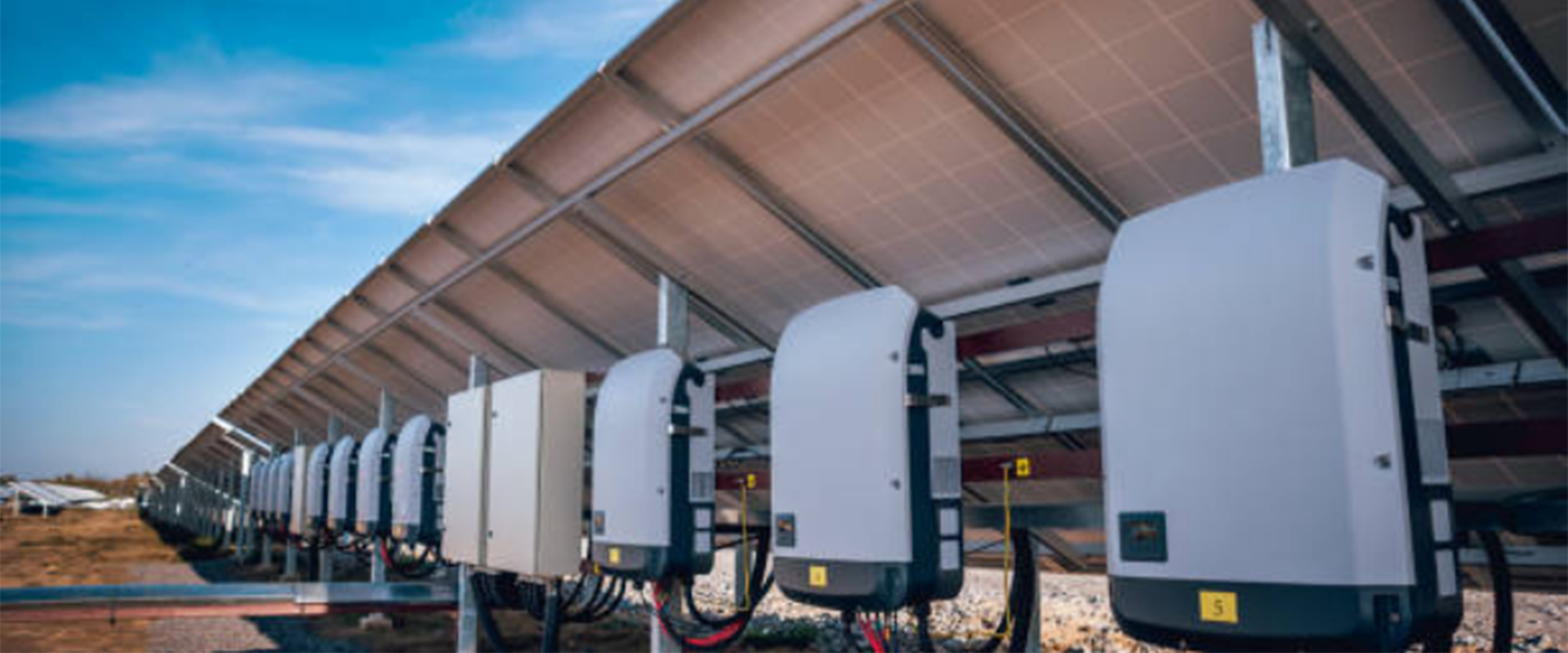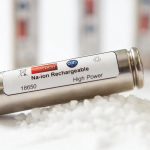In the world of energy, quality plays a critical role in ensuring the efficiency and durability of equipment. When it comes to inverters, these devices are the key to converting electrical energy, whether in solar, wind, or other systems. Investing in quality inverters may seem expensive initially, but in the long run, it can save you a lot of money. In this article, we’ll take a look at why inverter quality is so important and how it can positively impact your energy savings.
The Dangers of Low-Quality
UPS Opting for low-quality UPS may seem like a short-term saving, but it can have serious consequences in the long run. For example, a study conducted in 2015 showed that nearly 20% of solar installation failures were due to low-quality inverters. Lower-quality inverters tend to be less efficient. For example, a low-quality inverter may have an efficiency of 80% compared to 95% for a high-quality inverter. This translates into a 15% loss of energy production, which can significantly increase costs in the long run.
Additionally, a 2017 report indicated that low-quality inverters often require repairs within the first three to five years, whereas a quality inverter can last 10 years or more without requiring major maintenance.
Long-Term Savings with Quality
UPSs An initial investment in a quality UPS can pay for itself in just a few years thanks to the savings made. In terms of performance, a quality inverter can increase the efficiency of your system by about 10% to 15%, which can add up to hundreds or even thousands of dollars in savings over the life of the installation.
What’s more, according to a 2018 study, installations with high-quality inverters have an average of 50% fewer incidents than those with low-quality inverters. This means less service fees, less downtime, and greater peace of mind for owners.
So it’s clear that while high-quality inverters may require a higher upfront investment, the long-term savings and peace of mind they offer make them invaluable for any renewable energy installation.
 The Dangers of Poor Quality Inverters
The Dangers of Poor Quality Inverters
Opting for low-quality inverters may seem like a short-term savings, but it can have serious consequences in the long run. Lower-grade inverters tend to be less efficient, which means they convert less electrical energy from your renewable energy sources. This results in energy losses and, as a result, a higher-than-expected electricity bill.
In addition, low-quality inverters have a shorter lifespan and are more prone to failure. Frequent repair costs, or even complete replacement of the inverter, can quickly add up, wiping out any savings made on the initial purchase.
Long-Term Savings with Quality Inverters
Investing in quality inverters may seem like a larger upfront expense, but it can yield considerable savings in the long run. Premium inverters are designed to be more efficient in converting electrical energy, which means you get the most out of your renewable energy sources. This translates into lower electricity bills and increased profitability of your energy system.
In addition, quality inverters are generally more durable and resistant to harsh environmental conditions. Their extended lifespan means fewer replacement and repair costs, resulting in substantial savings in the long run.
How to Choose Quality Inverters
When looking to invest in quality inverters, there are several factors to consider. First, check reviews and ratings from reputable manufacturers to identify inverters that have a proven track record of performance and durability. Also, check the technical specifications to make sure the inverter is compatible with your energy system.
It is also recommended to choose inverters with solid warranties. This is a testament to the manufacturer’s confidence in the quality of its products. Don’t hesitate to ask for recommendations from renewable energy experts or other owners of similar systems.
FAQ’s
Why are quality inverters important?
Quality inverters are important because they ensure efficient electrical energy conversion, maximizing energy production from your renewable sources. They also have a longer lifespan, reducing replacement and repair costs.
How do low-quality inverters affect economies?
Low-quality inverters are less efficient at converting electrical energy, leading to energy losses and higher electricity bills. In addition, their shorter lifespan requires frequent repair and replacement costs.
How can I identify quality inverters?
Look for reviews and ratings from reputable manufacturers, check technical specifications, and opt for inverters with solid warranties. You can also ask for recommendations from renewable energy experts or other owners of similar systems.
Are quality inverters more expensive?
Yes, quality inverters tend to be more expensive at the initial purchase. However, the savings from improved energy efficiency and longer lifespan often outweigh the initial cost.
How can I ensure the sustainability of my energy system?
By investing in quality inverters, you ensure efficient electrical energy conversion and a longer life of your energy system. Also, adopt regular maintenance practices to ensure the overall durability of your system.
Conclusion
The cost of non-quality when it comes to inverters can be high in the long run. Investing in quality inverters can save you significantly on your energy bills, maximizing energy production from your renewable sources and reducing repair costs. By choosing quality from the start, you ensure an efficient, sustainable and economical energy system for years to come.

 The Dangers of Poor Quality Inverters
The Dangers of Poor Quality Inverters

